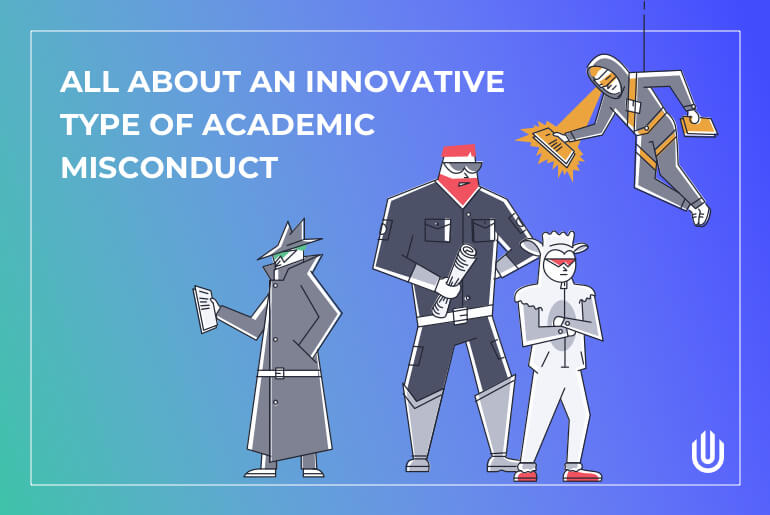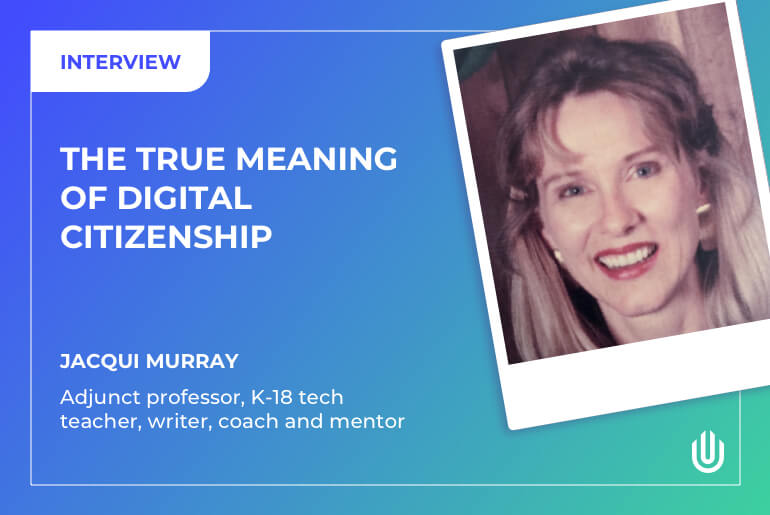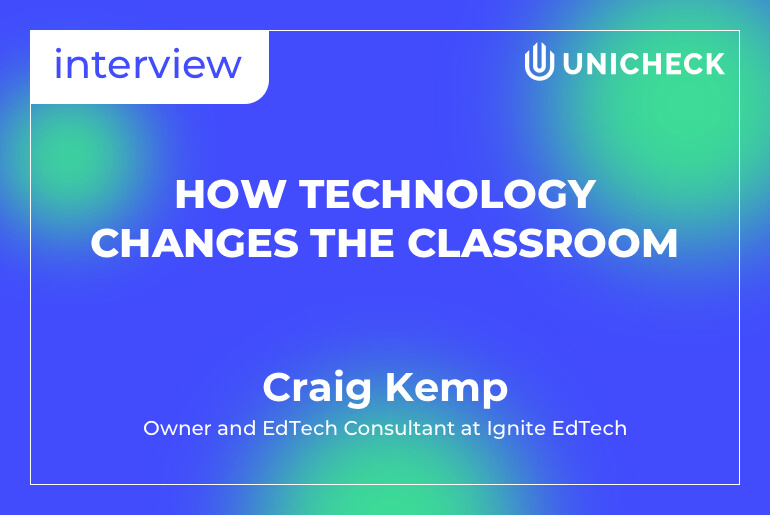How can you maximize the impact that your teaching has on students? There’s a clear perception that one should try a different pedagogy that would inspire every student in a class to take up a course and show a high level of involvement. And it’s not a utopian dream.
The key to success lies in identifying students’ talents and their hard and soft skills. This method will help establish a highly immersive experience for everyone, be it an undergraduate or someone earning a doctoral degree.
Dr. Joseph S. Renzulli, Director at Renzulli Center for Creativity, Gifted Education, and Talent Development, and Distinguished Professor at the University of Connecticut Board of Trustees, is recognized for his tremendous contributions to the pedagogy of gifted education.










